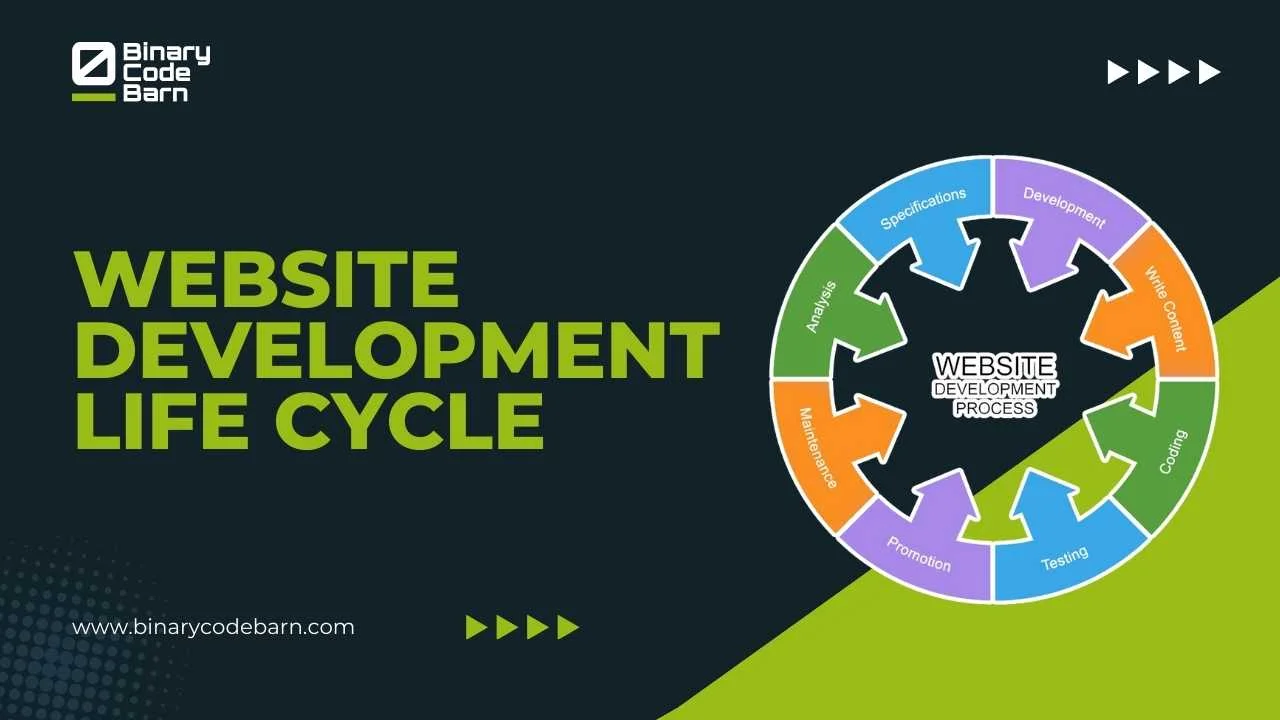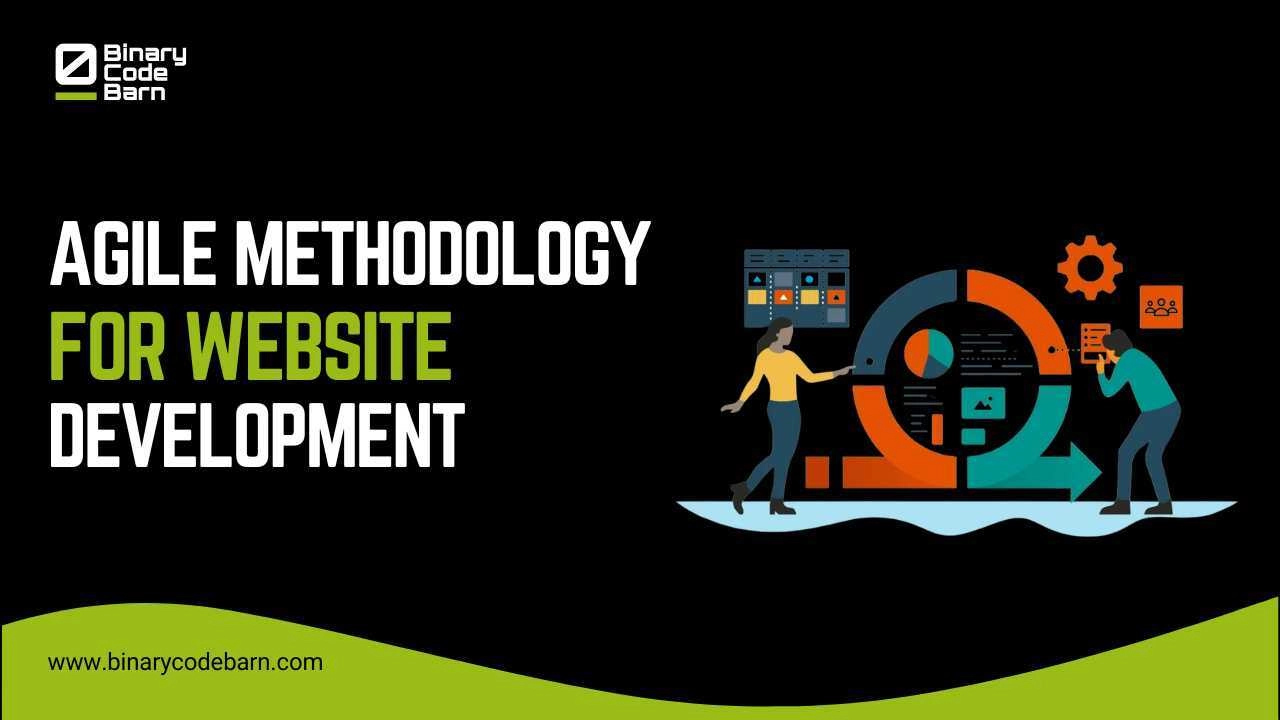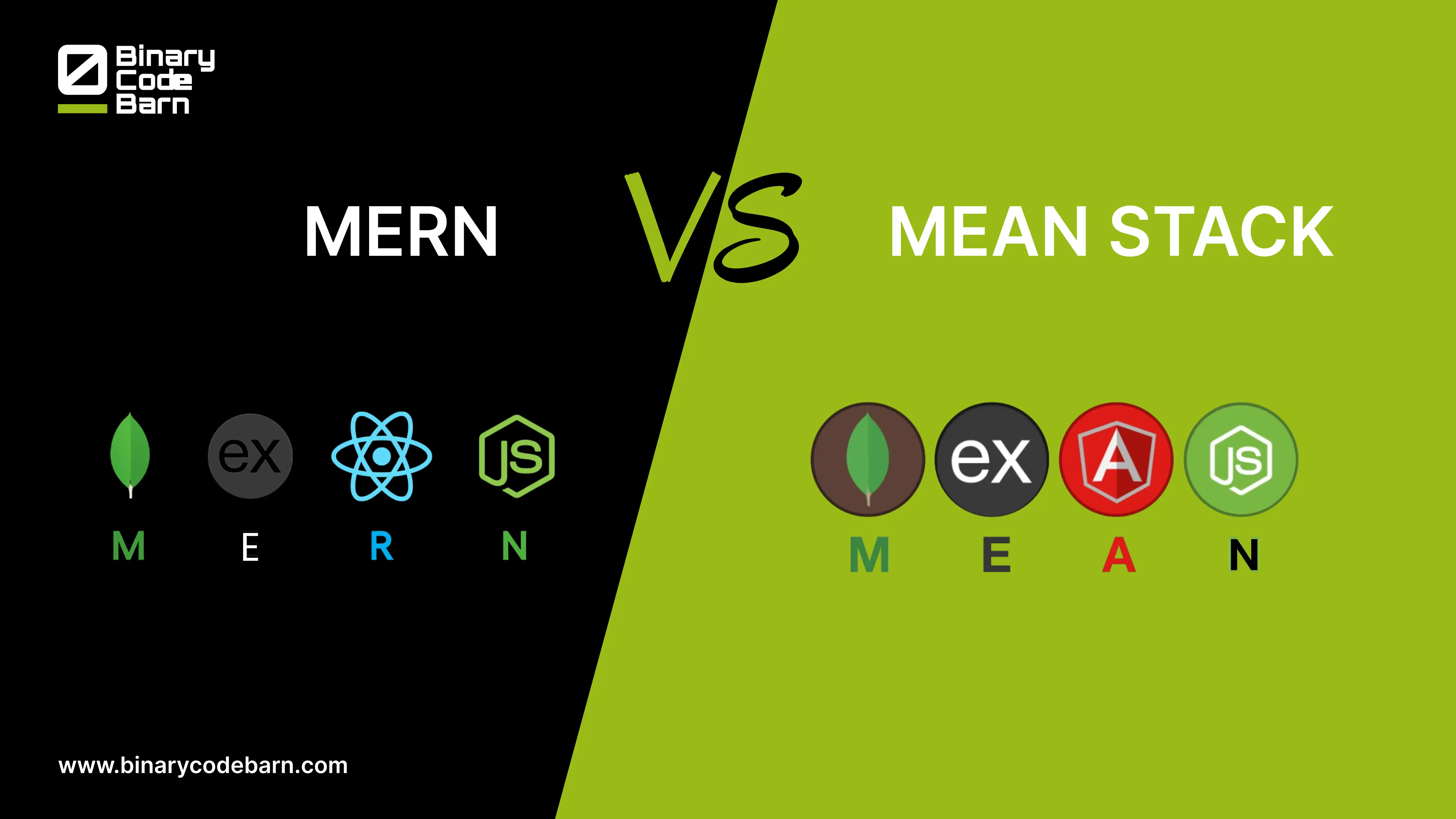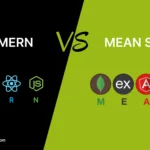Ever wondered how the most successful organizations have reached the heights of success? Welcome to the world of Project Management where dreams are planned properly and then brought to life. It’s about planning, executing, and closing projects while ensuring that you meet the deadlines, budgets and your goals
In simple words you basically need to overcome hurdles, consider the risks and deliver the project within the time limit and budget. Furthermore, let’s discuss in detail about what Project Management is along with its types and much more.
What Is Project Management?
Project Management is the process of planning and management activities of a company’s resources. This is done so that a specific task, project or duty can be completed in an organized manner. Moreover, the information needed for the project is usually described in the documentation process, created at the start of the documentation process.
Stages Of Project Management
In general following stages are involved in management of a process:
| Stages | Description |
| Initiation |
|
| Planning |
|
| Execution |
|
| Monitoring |
|
| Closing |
|
Project Management Methodologies
Time to discuss the types of project management. By understanding this, you can choose the methodology which suits your project best.
Scrum Methodology
It’s a popular agile framework in which:
- Project work is divided into manageable units called sprints. These sprints usually last 1-4 weeks.
- At the start of every sprint a proper plan is made tasks from the product backlog
- Team members work together to achieve the sprint goal.
- Daily meetings are scheduled to discuss progress, address challenges, and adapt changes as needed.
- Main focus is on delivering incremental value.
- Goal is to produce a potentially shippable product increment by the end of each sprint.
- At the end of the sprint, the team demonstrates completed work to stakeholders and gathers feedback.
- Moreover, this type of methodology enhances team collaboration and delivers value iteratively.
Waterfall Methodology
This is a type of methodology in which activities are broken down into linear sequential phases. Waterfall Methodology involves:
- Completion of one task in sequence before the next one starts.
- Progress can only flow in one direction, similar to a waterfall.
- Attention to task sequences and timelines is crucial.
- Moreover, size of the team might often increase as smaller tasks are completed and larger tasks begin.
Agile Methodology
Agile is one of the most commonly used methodology in project management which involves breaking the project into phases with emphasis on continuous collaboration and improvement. Furthermore, agile methodology includes following points:
- First used in the computer software industry
- Based on the 12 core principles of the Agile Manifesto.
- Focuses on continuous monitoring and improvement of deliverables.
- High-quality deliverables result from providing customer value and adapting to current business circumstances.
- Does not follow a sequential stage-by-stage approach.
- Project phases are completed in parallel by various team members.
- Allows for finding and fixing errors without restarting the entire procedure.
Lean Methodology
In lean methodology work is distributed in a way which allows to deliver the project to users in the most fastest and sustainable way.
- Focuses on minimizing waste of time and resources.
- Aims to create more value for customers with fewer resources.
- Similar to lean enterprise production principles.
- Only uses resources that directly contribute to the project’s successful completion.
Kanban Methodology
Kanban Methodology is a popular framework which is used for the implementation of Agile as well as DevOps software development. This methodology involves following points:
- Highly visual and easy to understand.
- Designed to optimize workflow and enhance productivity.
- Utilizes a Kanban board as a visual representation of tasks and their status.
- Tasks are depicted as cards that move through different stages of the workflow.
- Workflow stages are typically represented as columns on the board
- Provides real-time visibility into the status of tasks and the overall project.
- Encourages transparency, collaboration, and efficiency among team members.
- Helps teams identify bottlenecks, prioritize tasks, and maintain a steady flow of work.
10 Project Management Strategies You Should Know!
- Define your goals, scope and objectives clearly
- For streamlined project processes create a well defined project plan
- Use collaborative project tools so that you can effectively keep a track of your progress.
- Establish and define roles and responsibilities of every team member involved
- Effective team collaboration is a necessary component, so communicate clearly
- Identify potential risks which might occur and create a proper plan to handle those risks
- Make sure that your project stays on track and you are achieving your objectives
- You also need to manage stakeholder expectations. Keep them informed about project progress as well as any changes to the project plan.
- Conduct meeting on a regular basis to ensure that everyone knows about the project status
- Also, conduct post-project reviews to evaluate project outcomes. This will help you identify areas for improvement
Conclusion
Project Management overlies the art of converting dreams into reality. This includes getting the process right through different stages from inception to closure whilst maintaining alignment with goals, timelines and budgets. By applying a proper understanding of the various methodologies, such as Scrum, Waterfall, Agile, Lean, and Kanban, your team is capable of adapting your techniques that best fit the requirement of a given project as well as fine-tune your approach towards an optimized workflow.
Furthermore, the identification of key strategies like goal-setting, communication and risk management, along with stakeholder management help improve the overall fate of any project. Well defined goals, teamwork, and increased efficiency, project managers can ensure that the project is successful in delivering the end results and celebrate the success in a phased manner.
FAQs
What is project management?
Project management is the process of planning, organizing, and controlling resources to achieve specific goals within a defined timeframe and budget.
What are the stages of project management?
The stages typically include initiation, planning, execution, monitoring, and closing.
What are some common project management methodologies?
Common methodologies include:
- Agile Methodology
- Waterfall Methodology
- Scrum Methodology
- Lean Methodology
- Kanban Methodology
Each offers a unique approach to managing projects effectively.
What are key strategies for successful project management?
Strategies include defining clear goals, establishing roles and responsibilities, effective communication, risk management, and regular progress monitoring.
Why is project management important?
Project management ensures projects are completed efficiently, on time, and within budget. Meeting stakeholder expectations and desired outcomes are also considered.














